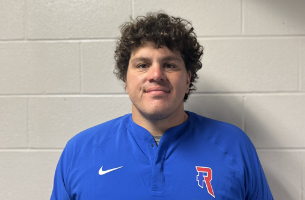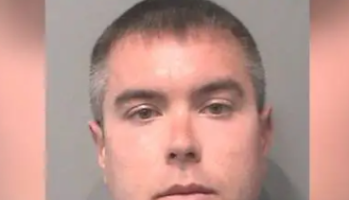(INDIANAPOLIS) – The Children’s Museum of Indianapolis is trying to address concerns and myths about COVID and the COVID vaccine.
The museum hosted its second online Q&A on the vaccine, three days ahead of a vaccine clinic at the museum on Thursday. The clinic will offer COVID vaccinations from four to eight p.m. for all ages, not just newly eligible five-to-11-year-olds. Flu shots will also be available.
Kids are less likely to get COVID, but Indiana’s had nearly 200,000 cases among teenagers and preteens. About 2,000 have been hospitalized. Marion County health director Virginia Caine says infections among kids actually outnumbered adult cases in Indianapolis in August and September.
One in 10 Hoosier kids age five to 11 has gotten the first dose of the vaccine since the FDA approved it for that age group less than a month ago. Nir Menachemi with IU’s Fairbanks School of Public Health says the vaccine reduces the risk of serious infection among kids to “near zero.” And he emphasizes the vaccine is safe. Riley Hospital for Children chief medical officer Elaine Cox says the vaccine has essentially had “the biggest vaccine trial ever,” with four-million kids nationwide vaccinated already. Menachemi notes severe vaccine side effects among adults have been extremely rare, and says they’ve been even more uncommon among kids — far more uncommon than COVID infections among the unvaccinated.
And Caine says getting your kids vaccinated is important to reduce the risk of them transmitting the virus to others, especially if they’re in contact with people at high risk for serious cases.
Menachemi and Cox say some misconceptions about the vaccine result from people equating it in their minds with other vaccines. Menachemi says while the vaccine provides strong protection from infection, it doesn’t create complete immunity, because of the way the virus is transmitted. Unlike diseases like measles which circulate in the bloodstream, the virus is inhaled. Menachemi explains what the vaccine does is prepare your immune system to recognize and fight the virus so it doesn’t cause serious health problems.
And Cox says because of the virus’s different and mutating strains, having COVID-19 once isn’t like having chickenpox — you can get it again. The Indiana Department of Health has identified about five-thousand repeat infections in the last three months. But Cox says each infection trains the immune system to better recognize similar infections. That’s why getting vaccinated on top of a prior infection provides powerful protection — Cox says it acts as a booster.
The museum will be open during Thursday’s clinic as part of its first-Thursday extended hours, but you don’t need museum admission to get your shot.












